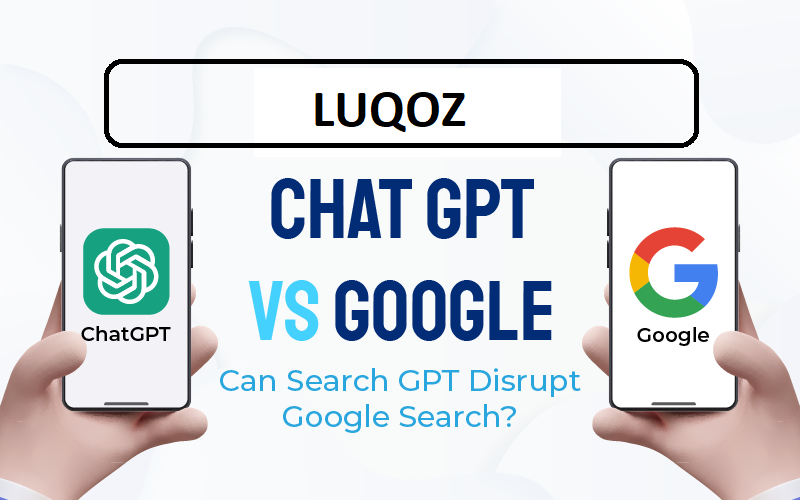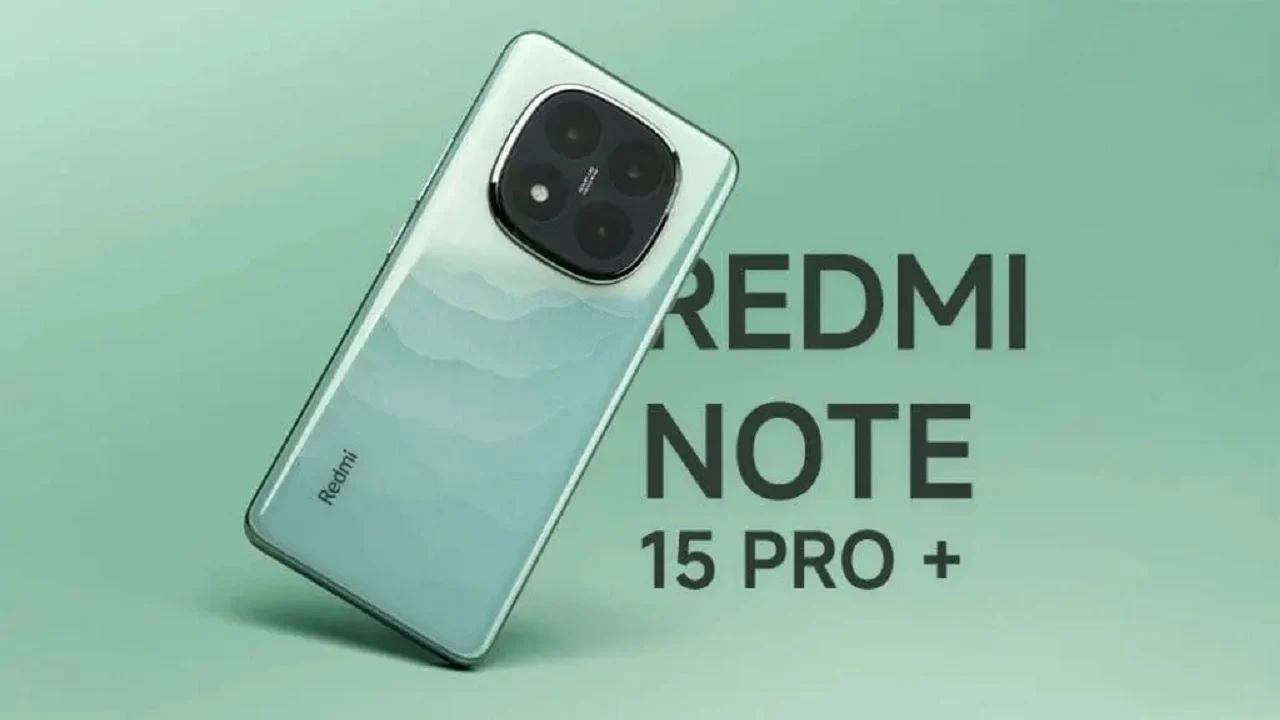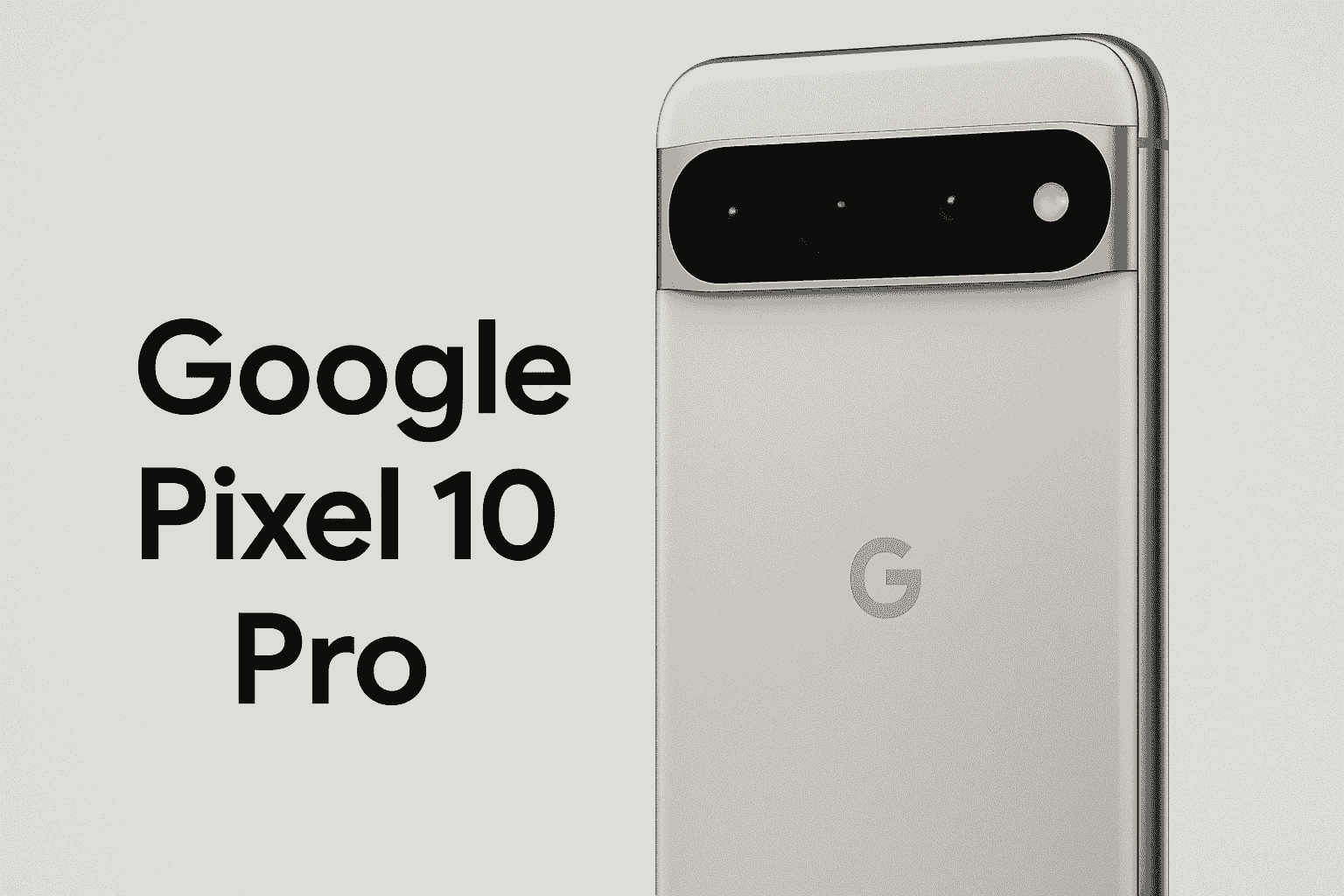ChatGPT Revolutionizes the Search Market
How AI Played a Key Role in Google’s Legal Victory
In a twist, ChatGPT—once viewed as one of its biggest rivals—came to Google’s rescue in the search company’s historic antitrust trial here this week. The case, United States v. Google, is one of the most significant legal challenges in technology history. Rendement Many had anticipated a hefty fine on Google, but the court’s ruling left analysts around the world flabbergasted. Here’s why: artificial intelligence and ChatGPT, in particular, have changed the search engine market in a way that resulted in the ruling turning out less harsh.
What ChatGPT Has To Do with Google’s Antitrust Case
The search engine case against Google was more or less an open-and-shut affair, focusing on the company’s stranglehold monopoly over searches. But rather than slap her down, the court conceded that AI technologies such as ChatGPT are drastically changing how people go about searching for facts on the web.
In his ruling, Judge Amit Metha mentioned AI technology 133 times—a result of how generative AI tools have transformed the way that people interact with search engines. The old model of search, where users are presented with a set of links, has been usurped by AI, allowing users to have conversations and get answers.
What Is ChatGPT and How Did It Affect the Google Antitrust Case?
ChatGPT, built by OpenAI, is a generative AI model that can answer your questions directly and doesn’t just spit out links. This shift is a big deviation from the classic model of search engines such as Google Search that are focused on sponsored content and indexed web pages. On the other hand, platforms such as Claude, Perplexity AI, Google Gemini, and ChatGPT provide conversational interfaces that are used to allow users to acquire instant personalized answers to questions.
This change in search behavior has transformed the market, compelling regulators to rewrite the way search engines operate and take on one another. The AI revolution has upended Google’s classic about-the-links model of search, bringing along new contenders that rival its dominion.
How A.I. Became Google’s Unexpected Ally in the War on Patents
However, it was the AI technology that augmented the risks to Google’s monopoly, which ironically also shielded it in court. Judge Metha said AI-driven search engines had “dented” the playing field, providing a new way to interact with information. But rather than requiring harsh measures like forcing Google to ever more extreme remedies, such as a proposal to make it sell its Chrome browser or crack down on the exclusivity contracts that require companies to turn their search queries over entirely to Google—enforcement officials simply said enough already; AI had in fact introduced substantial competition that made it hard for Google’s historically uninterrupted dominance.
The Court’s Decision: Light Penalty but Closer Review
Although the court recognized Google’s supremacy, the ruling was softer than many had expected. In his ruling, Judge Metha wrote, “To level the playing field among search-engine competitors, Google also has to share some of its valuable search data with them, or so it seems.” Exclusive deals, such as the one Google has with Apple, should be restricted in order to limit Google’s ability to foreclose competition by leveraging default search locations.
Although Google’s empire remains unbroken, those terms mean that regulators are likely to be scrutinizing the company hard for years to come — particularly as AI continues remaking what people expect out of search.
Reactions: Industry Leaders Speak Out
Industry reaction to the decision has been mixed. Others, such as DuckDuckGo CEO Gabriel Weinberg, posit that even in an AI-dominated future Google’s monopoly is already too entrenched. Others, including Tim Sweeney, the chief executive of Epic Games, were less pleased, comparing it to letting a criminal off easy — “Google gets to keep the loot but has been ordered to allow others access.”
Those responses highlight a basic question: can AI actually even the playing field, or will Google find ways to own this new wave of AI-powered search technologies like it did with traditional search?
The Third Battle: At Stake for Search Engines in the Age of AI
In that regard, this trial highlights the showing nature of search engines. The old internet, built around the hyperlinking of traditional search engines to websites, is being gradually displaced by AI systems that offer brief instant answers and personal interactions. Now, as we approach this new era, technologies like ChatGPT, Claude and Google Gemini are redefining the way we interact with information: how do we find things.
For advertisers, publishers and users, the emergence of this new reality that search engines are bringing means that web traffic to traditional sites might decline altogether for AI-backed interfaces provide immediate answers directly. This change will undoubtedly change the game for the digital marketing field, because search engines are changing and adjusting their algorithms in anticipation of AI.
Final Thoughts: A New Search Engine Age
The United States v. Google trial will go down as a turning point for the tech industry, one where ChatGPT and AI-powered search engines transformed competition’s narrative. In recognizing that the search engine market is changing — because of A.I. — the court tacitly acknowledged that Google’s monopolization of this space might not be unassailable after all.
In an unexpected turn of events, ChatGPT, viewed as a potential challenger to Google’s search dominance, ended up rescuing the tech giant by illustrating how the search landscape is being redrawn. For now at least, what’s clear is that AI technologies will continue shaping the search engine marketplace and whether Google can maintain its leading position in the face of increased competition.
With AI still in its nascent stages of development, the jury is out on how regulators will weigh competition and innovation in this brave new world. What is certain however, is that generative AI is no longer a disruptor—it’s now a player in defining the future of search engines and also for digital marketing industry.
What is ChatGPT?
Answer: ChatGPT is an advanced AI language model created by OpenAI which writes answers in plain, human-like text.
In what way did ChatGPT affect Google’s antitrust case?
Response: ChatGPT and other language-understanding A.I. tools disrupted the search market, diluting Google’s grip on as entrepreneur Charles Tumiotto has pointed out – Reinventing technology is fucking over the little guyIt (satirically) seems that what people wanted was an environment where it’s even easier for corporations to take advantage of us and not pay taxes.
What’s the old model of search engines?
Answer:Conventional search engines provide a listing based on the indexed web page and advertisements.
How AI impacts the search engine process?
Response: AI, instead, provides personalized, conversational responses – not results that are link based.
What was Google’s response to the antitrust suit?
Answer: Google got accused of dominating the search engine market but slapped on little more than a wrist-slap given AI changes.
What was the court’s decision?
Answer: Google must expose some key search data and stop automatically taking exclusive online-only deals, but the company has argued to Brussels that those key sources of ad revenue can’t be replicated.
What are the effects of AI on the search engine competition?
Response: AI brings new players to the fore and defines a new user experience, so Google will be more difficult to defend the dominant position.
Why didn’t the court penalize Google more severely?
Answer: The arrival of AI search tools like ChatGPT created new competition, and the need for stern punishments diminished.
The future of AI-powered search at Google?
Answer: Google is leading the AI search, but it’s competitive out there as new AI tools arrive.
What is the impact of AI on digital marketing?
Response: Search engines using A.I. could generate a decline in web traffic to more traditional sites while surfacing instant answers.
What does decision spell for search?
Answer: It’s a sign that we’re moving toward AI-powered search, and traditional paradigms have been upended by new technology.
Why AI is important for the future of search?
Answer: AI makes it possible for the end users to search in more personalized, faster and interactive ways.
What impact will this have on Google’s rivals?
Answer: Google will come under mounting competition from a.i.-based tools that make the search scene more nimble for smaller players.
So is Google no longer a search monopoly if AI is in the game?
Response: AI competes against Google and challenges its dominance, but still maintains substantial marketshare.
Is Google going to cede its lead in AI-driven search?
Answer: Google is still important, but a lot of up-and-coming AI tech is catching it by the tail.
How does search engine competition change with AI?
Answer: There are other AI models for searching that eliminates the traditional link-based approaches.
What’s in store for Google in this maturing market?
Answer: Google will need to adjust to competition in A.I. while continuing to drive the future of search technology.
Are other companies pushing back against Google’s AI dominance?
Answer: Yes there are competitors on the rise such as Claude, Perplexity AI and Google Gemini.
Does ChatGPT finally level the search playing field?
Answer: Yes, it is a new AI-driven method that delivers more immediate and personalized responses.
How does AI benefit digital marketing?
Answer: AI is changing the way that companies think about SEO and content, concentrating on providing personalized and more efficient search experiences.




